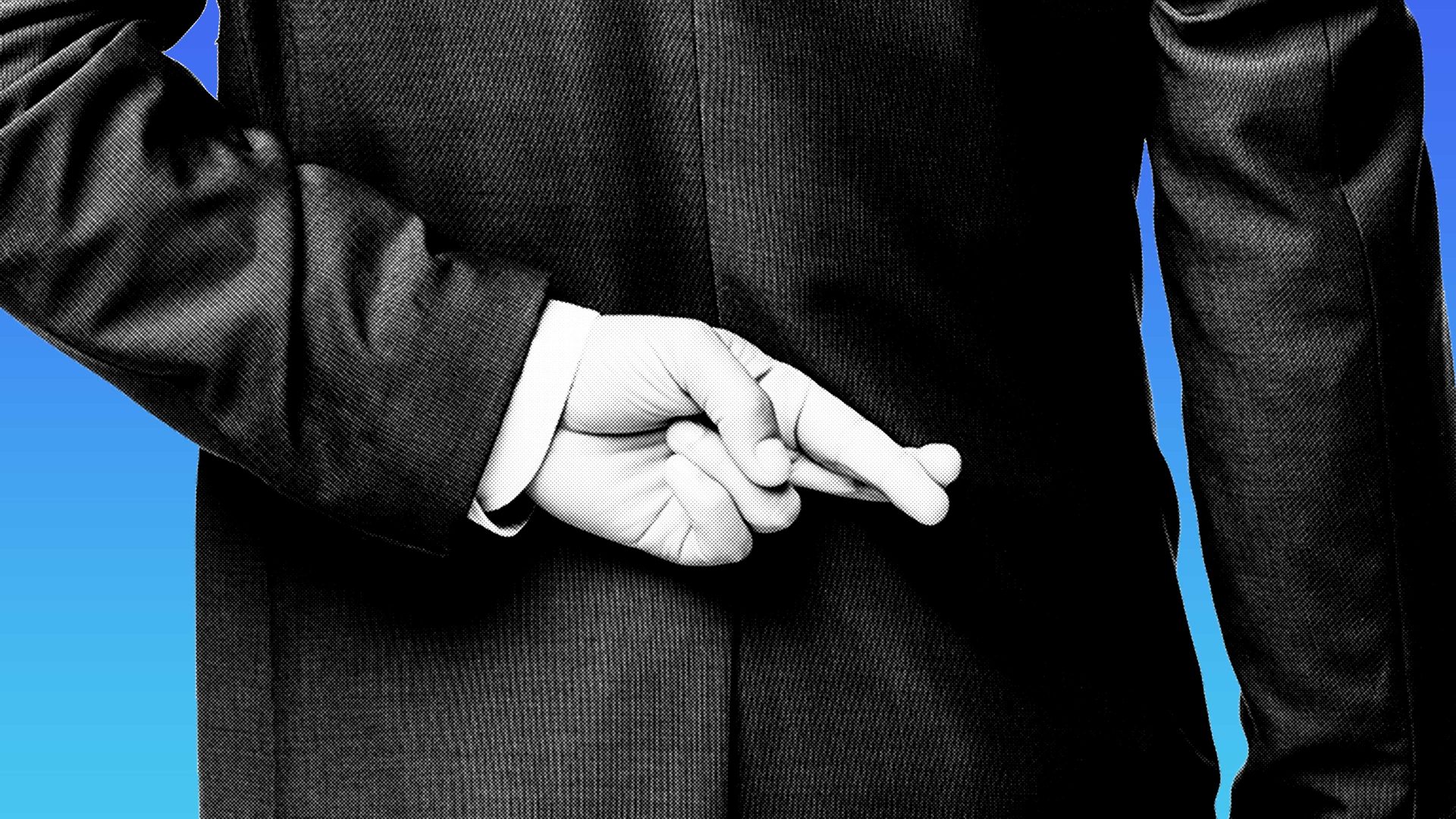We’ve known for some time that Boris Johnson is a Trumpish liar. Rory Stewart recently described him as “a comical dishonest buffoon”, identifying him as partly responsible for the dramatic decline of the Conservative Party. Now another prime minister has been caught lying – apparently – this time about Labour’s tax plans and whether the calculated figures he has repeatedly quoted on these had the approval of independent Treasury officials.
Keir Starmer described Rishi Sunak as “a desperate liar”. Desperate is surely right, but if he really is a liar, too, why care so much? Just about all of us tell lies some of the time, and we know that most politicians can be economical with the truth when it suits their cause.
Niccolò Machiavelli, writing in the early 16th century, went further, suggesting in The Prince that honesty was a dangerous policy for a leader. Heads of city states who had achieved great things were the ones who had “given their word lightly, who knew how to trick men with their cunning, and who, in the end, overcame those abiding by honest principles.” Lying and promise-breaking were important means to achieving the all-important end of retaining power.
If clinging on to your position is the only thing you care about, then undetected lies can work for you. But to be an effective deceiver, it’s best not to be caught out as a serial liar, as Johnson found out to his cost. An effective leader who uses deception wisely, Machiavelli argued, needs to be “a great feigner and dissembler”. People in general may be gullible, and they may easily be duped by a cunning deceiver, but they resent being misled by obvious deceit. It’s patronising and an insult to our intelligence. Only a very powerful leader can get away with that.
Augustine argued that God forbids all lies and that anyone who tells any lie, no matter how trivial, thereby endangers their immortal soul. That seems harsh and goes too far in the other direction. Immanuel Kant produced secular arguments to the same effect. In contrast with Machiavelli, he notoriously defended the idea that we should never tell lies under any circumstances whatsoever, even if there would be predictable benefits from doing so. Cost/benefit analysis shouldn’t be a part of moral reasoning – universalisable duty is all.
In his 1779 essay “On a supposed right to tell lies from benevolent motives”, he insisted that you should tell the truth even to a crazed murderer who shows up at your house looking for your friend hiding there asking where he is. It is questionable whether your friend – or anyone else – would admire your honesty in the circumstances. I have yet to meet anyone who agrees with Kant’s absolutist take on this.
It would be ridiculous to expect politicians to become Kantians about lying, but it is nevertheless plausible to think that they do have a special responsibility not to lie repeatedly to us, partly because that damages trust and potentially even democracy itself.
Hannah Arendt was more insightful than Kant on lying, particularly on lying in public life. She didn’t accept that people are as easily duped by deceptive politicians as Machiavelli claimed. If our leaders lie and lie and lie, the real risk isn’t that people will end up believing all those falsehoods, but rather that they will become cynical and start to back off believing in the truth of anything at all. In her essay “Truth and Politics” she wrote:
“…the result of a consistent and total substitution of lies for factual truth is not that the lie will now be accepted as truth, and truth be defamed as lie, but that the sense by which we take our bearings in the real world – and the category of truth versus falsehood is among the mental means to this end –
is being destroyed.”
That is one possibility, and a real danger. But we have powerful tools at our disposal that neither Machiavelli nor Arendt envisioned: the smartphone, and the internet. A clear benefit of these is the possibility of swift fact-checking and communication on the hoof.
Journalists and others who know where to find reliable sources of information, or who to contact to check on the veracity of implausible claims, can very rapidly expose political lies and embarrass politicians who want to dupe us.
That these politicians still resent being called liars and fear refutation by evidence shows that we are not yet in some post-truth dystopia of “alternative facts” and general cynicism about truth.



